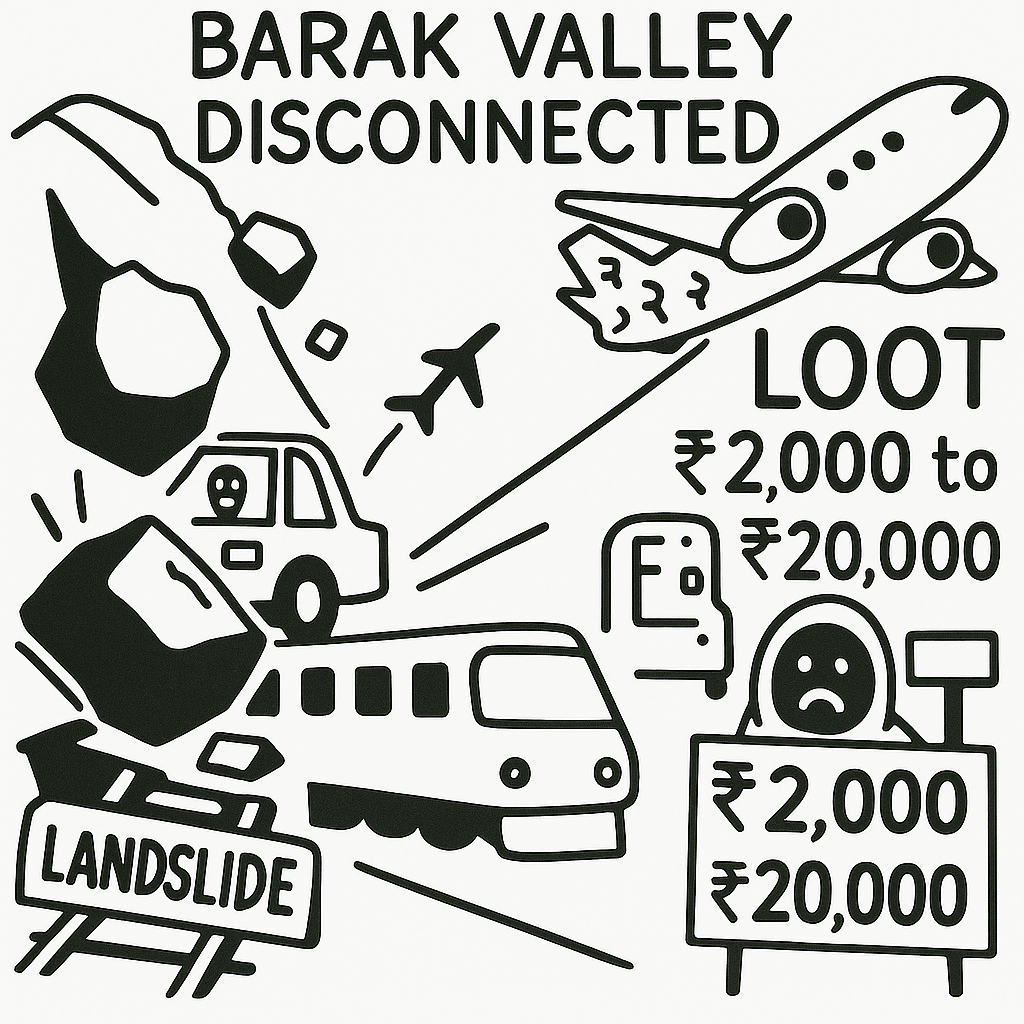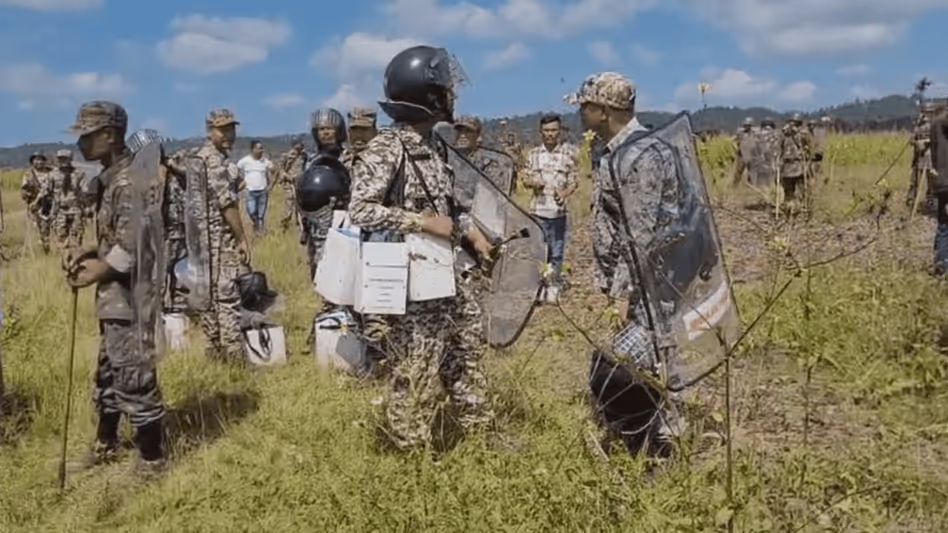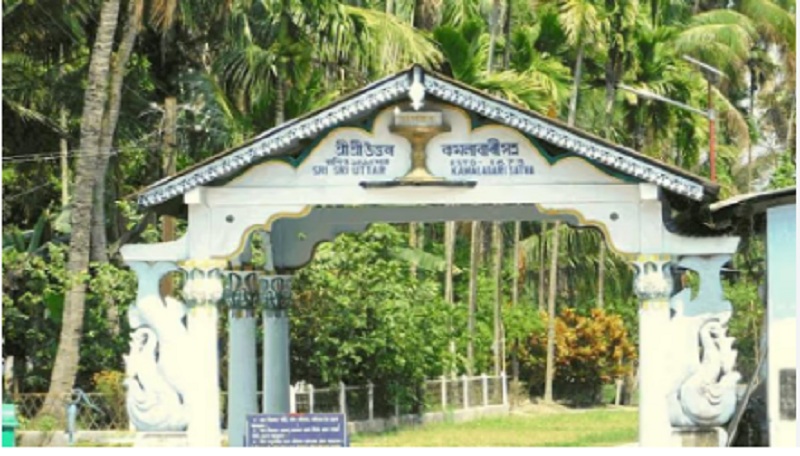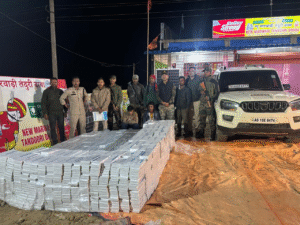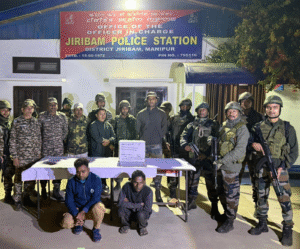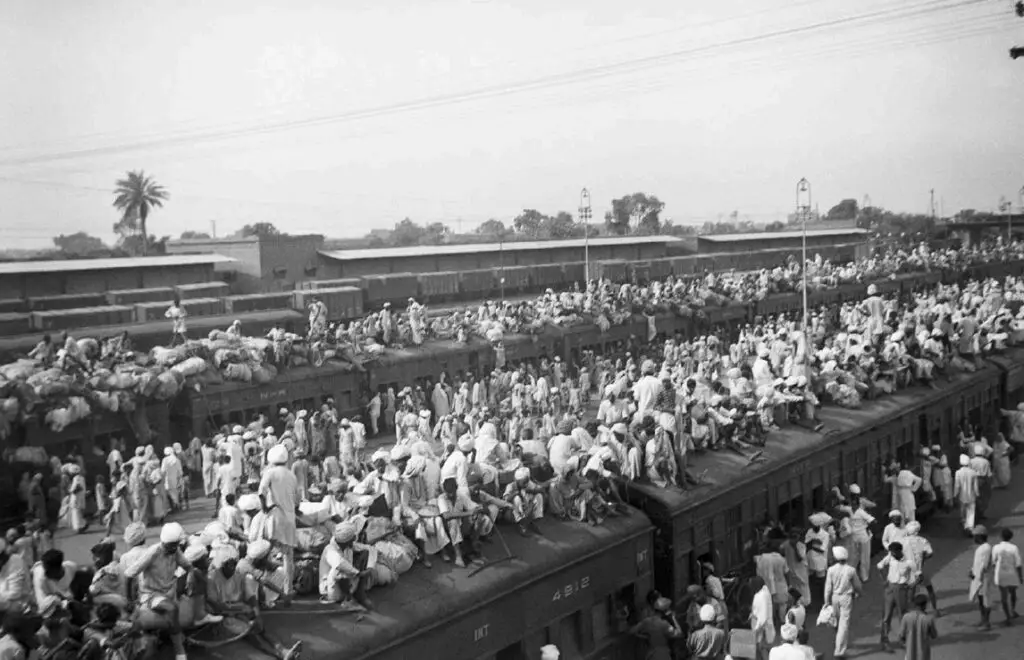
India’s 78th Independence Day: Independence or Just Transfer of Power?
15th August, 2024: As India marks its 78th Independence Day, the question arises: Has true independence been achieved, or was it merely a transfer of power from British hands to Indian ones? This reflection probes the deeper layers of our nation’s history and the enduring impact of colonial rule, questioning whether the freedom won in 1947 genuinely severed the ties of British influence or simply rebranded them.
The transfer of power on August 15, 1947, while symbolically momentous, left India bound to many vestiges of British rule. Our legal system remains a prime example, still heavily reliant on the frameworks and statutes introduced by the British. The Indian Penal Code, enacted in 1860, and the Code of Criminal Procedure, 1898, are legacies of colonial governance that continue to shape our judiciary today. This raises a critical question: Can a nation be truly independent when its justice system is rooted in the laws of its former colonizers?
Moreover, the dominance of the English language in official and educational settings perpetuates the colonial mindset. While English has become a global lingua franca, its prevalence in India often sidelines native languages and cultural expressions. This linguistic dominance is not merely about communication but is indicative of the subtle ways in which colonial influence persists, shaping our identity and societal structures.
Another lasting scar of British rule is the communal divide, a legacy of the Partition. The division of India into India, Pakistan, and later Bangladesh (formerly East Pakistan) was a tragic culmination of British policies of ‘divide and rule.’ This partition sowed the seeds of Hindu-Muslim communal strife that continues to plague the subcontinent. The violence and mistrust that erupted during Partition have left deep wounds, and the echoes of that division still resonate in the form of religious tensions and conflicts.
One of the darkest aspects of this transition occurred when the flag was hoisted at midnight to mark India’s freedom. While the nation celebrated, millions became homeless overnight due to the abrupt geographical division imposed by the politicians and the government of that time—without consulting the people or considering their opinions. Entire communities were uprooted, and families were torn apart as they were forced to move across newly drawn borders to ensure their safety. This tragic and silent chapter of our independence remains largely unspoken. But who bears the responsibility for this human catastrophe? The lack of accountability and the neglect of those displaced during Partition cast a long shadow over the narrative of freedom.
Furthermore, the grandeur of ancient India, with its remarkable achievements in various fields—be it science, mathematics, architecture, or philosophy—began to wane with the advent of colonialism. The colonial era saw the systematic deconstruction of India’s economic and cultural supremacy, reducing a once-flourishing civilization to a state of dependency. The imposition of British economic policies, such as the drain of wealth and the destruction of indigenous industries, further crippled India’s self-sufficiency, the effects of which are still felt today.
The question, therefore, is whether independence in its truest sense has been realized. While India has undoubtedly progressed in many areas since 1947, the remnants of colonial influence continue to cast a long shadow. To achieve the vision of a truly independent and self-reliant India, it is essential to confront and dismantle these lingering legacies.
In conclusion, as we celebrate the 78th year of India’s independence, it is imperative to reflect on the nature of that independence. Has it been fully realized, or are we still grappling with the aftereffects of a power transfer that left the roots of British influence intact? The journey towards reclaiming the ancient supremacy of India—a land of unparalleled cultural and intellectual heritage—remains incomplete until we break free from the colonial chains that still bind us.

